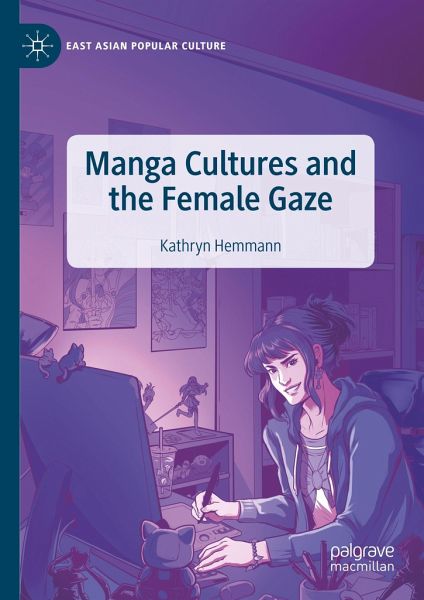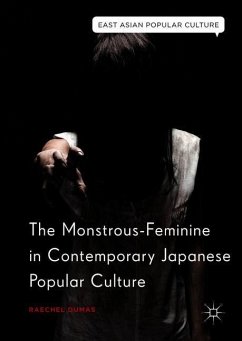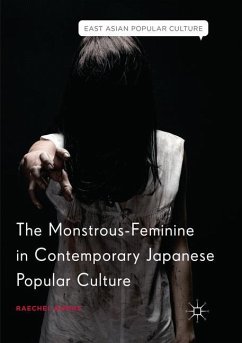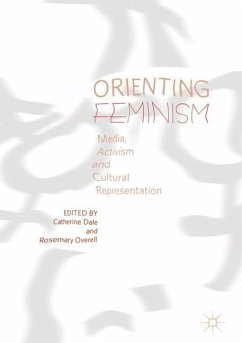
Manga Cultures and the Female Gaze
Versandkostenfrei!
Versandfertig in 6-10 Tagen
65,99 €
inkl. MwSt.
Weitere Ausgaben:

PAYBACK Punkte
33 °P sammeln!
The female gaze is used by writers and readers to examine narratives from a perspective that sees women as subjects instead of objects, and the application of a female gaze to male-dominated discourses can open new avenues of interpretation. This book explores how female manga artists have encouraged the female gaze within their work and how female readers have challenged the male gaze pervasive in many forms of popular media. Each of the chapters offers a close reading of influential manga and fancomics to illustrate the female gaze as a mode of resistant reading and creative empowerment. By ...
The female gaze is used by writers and readers to examine narratives from a perspective that sees women as subjects instead of objects, and the application of a female gaze to male-dominated discourses can open new avenues of interpretation. This book explores how female manga artists have encouraged the female gaze within their work and how female readers have challenged the male gaze pervasive in many forms of popular media. Each of the chapters offers a close reading of influential manga and fancomics to illustrate the female gaze as a mode of resistant reading and creative empowerment. By employing a female gaze, professional and amateur creators are able to shape and interpret texts in a manner that emphasizes the role of female characters while challenging and reconfiguring gendered themes and issues.














